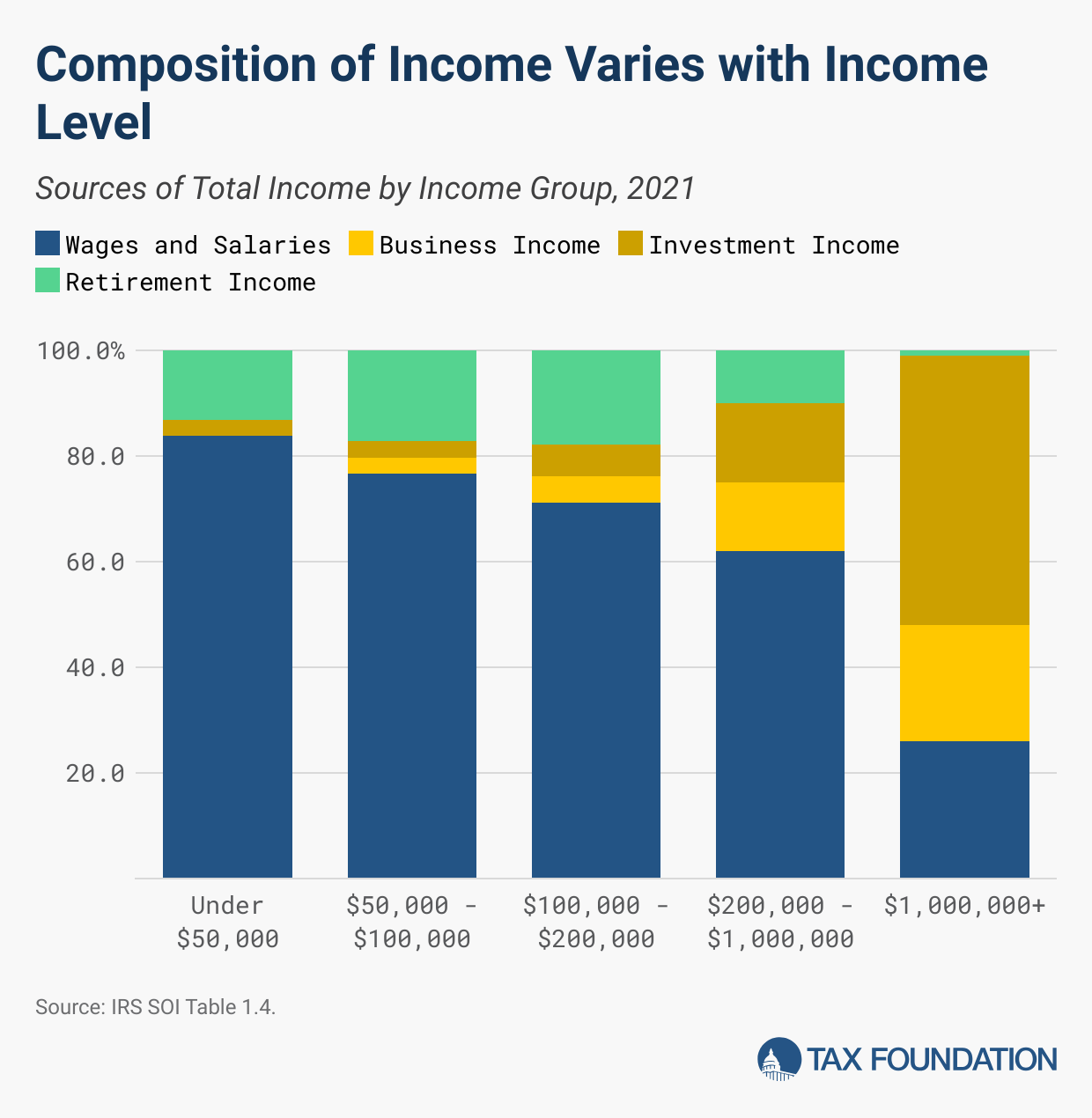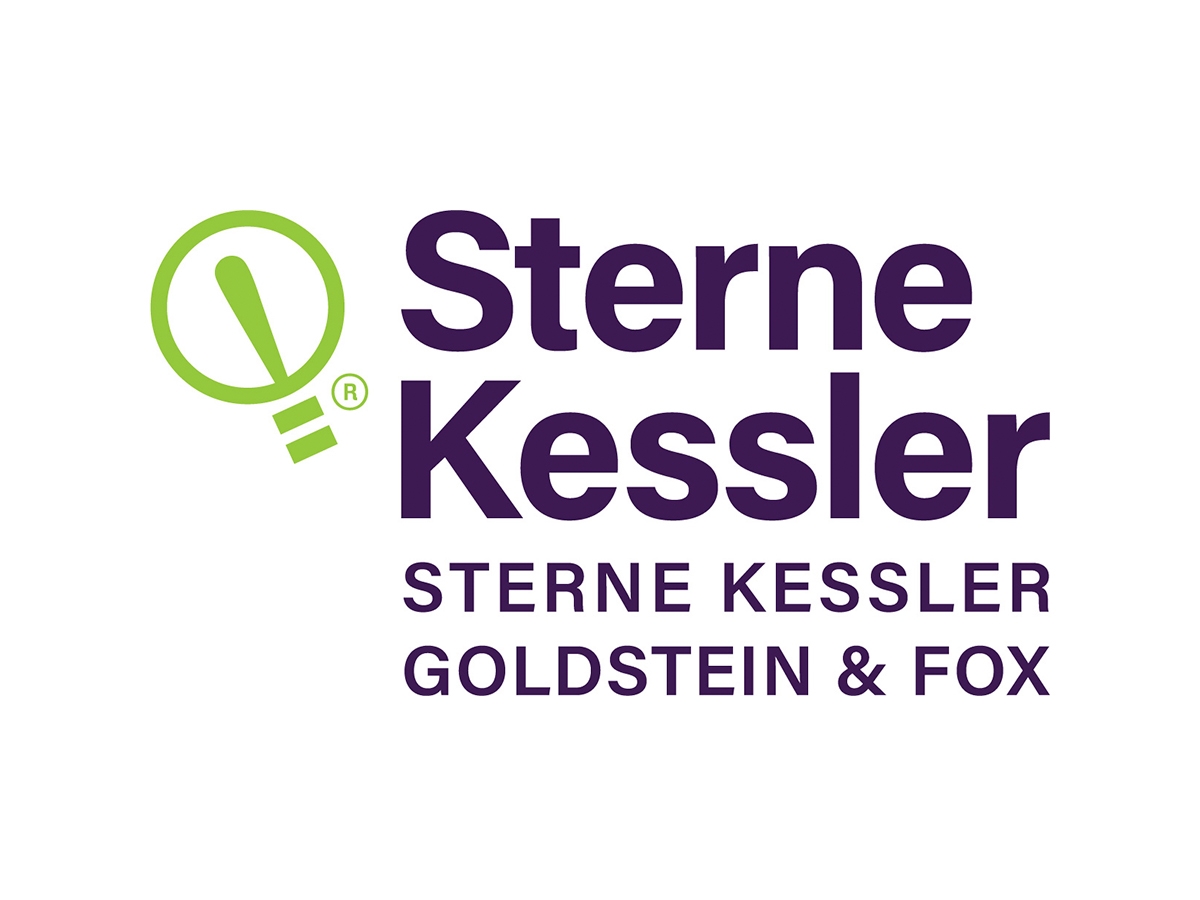Wordle vs. Worldle: Trademark Infringement Isn’t Just a Word Game | Hodgson Russ LLP
Another company takes your protected name, adds a letter to it, gains popularity and revenue, and is now applying for a trademark. What happens next? If you are Worldle, you want Wordle not to worry about it. The U.S. Patent and Trademark Office is currently reviewing whether someone can legitimately use an already-established name just by making slight changes to the spelling and pronunciation.
Games with Multiple Attempts and Hints
Wordle is a wildly popular online game with a single daily solution where players have six attempts to guess a five-letter word with hints along the way. In January 2022, The New York Times bought Wordle from the creator, Josh Wardle. The NYT quickly filed a use-based trademark application with the USPTO for the Wordle name. This game has since been added to the publication’s renowned game section. Wordle has millions of daily players.
On the other hand, Worldle is an online game with a single daily solution where players have six attempts to guess a location, getting hints after each attempt. The game, a self-proclaimed “GeoGuessr” alternative, shows a location on Google Earth. Players must find the exact location by exploring the street view to look for clues. After each of the six guesses, a ring will shrink on Google Earth to help players isolate the answer. Worldle alleges it began first using the name in March 2022 — three months after the NYT published Wordle. Worldle’s official trademark application was filed in June 2022 and published for opposition in January 2024. Now, the NYT opposes it.
Wordle Claims Infringement
The NYT argues that Worldle has purposely infringed on its trademark. The NYT alleges Worldle began using its name with the “intent of capitalizing on the enormous goodwill associated with the NYT’s WORDLE Mark that already existed at the time.” It further argues that the Worldle name is “nearly identical in appearance, sound, meaning, and imparts the same commercial impression.” Both games “travel in the same channels of trade, and are used or perceived by the same class of consumers.” A primary concern is that “members of the public would likely believe [Worldle is] sponsored by, affiliated with, or emanate[s] from [NYT].” Therefore, people would be more likely to purchase Worldle or attribute any defect in Worldle to the NYT, causing “irreparable damage and injury” to the NYT.
Worldle’s owner, Kory McDonald, argues that because his game uses a real English word in its name and has players find locations, not words, it does not infringe on Wordle. McDonald asserts that “some games like Wirdle or Wourdle have misspellings of ‘word’ as their prefix to the ‘le’ and seem clear cut as infringement.” He argues that “Worldle [on the other hand,] uses a real English word as the prefix and the game itself is finding locations within the world.” The name is “not meant to trick users into thinking ‘word’ in any way.” McDonald rationalizes: “[i]f people are looking for a word game and they end up on worldledaily.com, then they will immediately know that they’re not playing a word game.” Worldle’s final argument is that many other games use an English word with the ‘le’ suffix and are not attacked by the NYT, such as Nerdle, Heardle, and Flaggle. He has confidence that he can keep the name but has admitted “[w]orst-case scenario, we’ll change the name, but I think we’ll be okay.”
Takeaways
This case may shape the boundaries of trademark protection for words and names. If Wordle prevails, those seeking to use minor twists on established names may think twice. If Worldle succeeds, trademark holders will need to strategize to increase protection, and new entrants will face fewer restraints in name selection.






